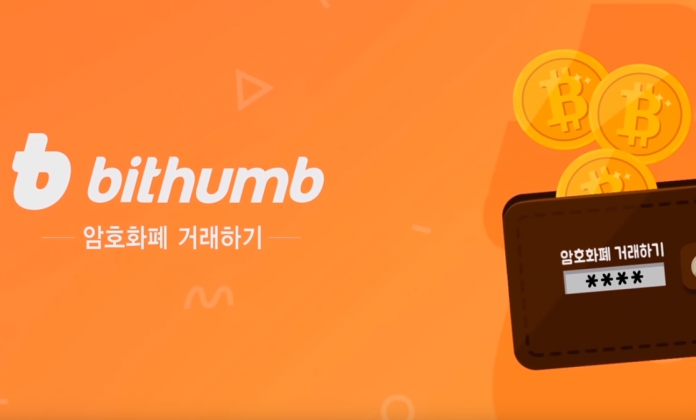As of yesterday, August 1, 2018, the famous Bithumb exchange was forced to stop opening new accounts.
According to the sources of BusinessKorea, Bithumb did not renew the expiring contract with Shinhan Bank, but tried to renew the existing contract with NH Nonghyup Bank, the latter bank, however, refused the request.
Internal sources at Nonghyup Bank report that the bank has decided not to renew the contract because Bithumb still has problems with the protection of its users, their information and AML policies.
Nothing official leaked from the headquarters of Bithumb, but an official stated that the company is working to solve the problems highlighted by the bank and that soon the contract with Nonghyup Bank to resume normal activity of opening virtual accounts will be resumed.
Confirming the ongoing negotiations is the news of a second source, according to which the bank has granted Bithumb a month to solve the problem or find another solution.
Meanwhile, customers can continue to make withdrawals and deposits, but in a month’s time, the contract might be closed permanently.
Bithumb, the odd one out
The South Korean legislation requires exchanges to renew their contracts with banks every six months, in order to force companies to make every effort to combat money laundering.
The first renewal coincided with the end of July.
The Bithumb exchange is the only one of South Korea’s four big exchanges not to have had its contracts with the banks renewed. The same bank that refused renewal to Bithumb granted it to Coinone.
Upbit was renewed by the Industrial Bank of Korea, while Korbit signed a contract for the release of virtual accounts with Shinhan Bank.
The circumstances leading to the closure
The bank’s decision was influenced by two factors. The first concerns the theft of around 17 million dollars from Bithumb on 20 June, for which there is an ongoing investigation by the South Korean Ministry of Science and Technology to find out what happened.
The second reason is related to the tight regulations imposed at the end of January by the South Korean authorities.
Exchanges are required to identify any new customers who open accounts on the platforms. The system introduced by the Asian country is called the Real-Name System and requires crypto asset companies to request a series of documents from the new investor in order to comply with anti-money laundering policies.



